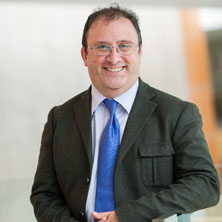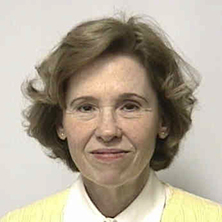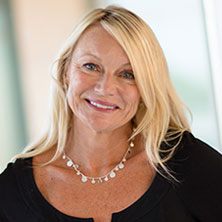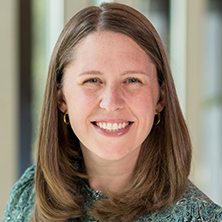Certificate of Eligibility with Advanced Standing (CEAS)
Seton Hall University offers two intensive, blended Certificate of Eligibility with Advanced Standing (CEAS) programs for candidates seeking teacher certification in New Jersey:
- CEAS – Elementary Teaching
- CEAS – Secondary Teaching
Both programs are approximately one year in length and combine campus and online coursework with a culminating Clinical Practice. Candidates receive individual advisement throughout their studies and, upon completion, will be qualified for nomination to the New Jersey Department of Education for a CEAS instructional certification for either Elementary (K-6) or Secondary.
Each program is aligned with professional standards:
- Council for the Accreditation of Educator Preparation (CAEP)
- The Association for Childhood Education International
- The Interstate New Teacher Assessment and Support Consortium
- New Jersey Professional Standards
CEAS – Elementary Teaching
The Certificate of Eligibility with Advanced Standing – Elementary Teaching is designed for non-matriculated candidates seeking certification to teach at the elementary level. Students who wish to matriculate at the University — and become eligible for financial aid and scholarships — may use the CEAS certification as the foundation of the M.A.E. in Elementary Teaching degree program.
Successful completion of the program leads to nomination for New Jersey Elementary School K-6 certification (1001).
CEAS – Secondary Teaching
The Certificate of Eligibility with Advanced Standing – Secondary Teaching is designed for non-matriculated candidates seeking certification to teach at the secondary level. Applicants to this program are required to have 15-30 bachelor’s-level credits in a specialized field.
Successful completion of the program leads to nomination for New Jersey Secondary certification in select content areas including choice of English, Mathematics, Biological Science, Chemistry, Physics, Social Studies, Art, Theater, French, Italian or Spanish.






